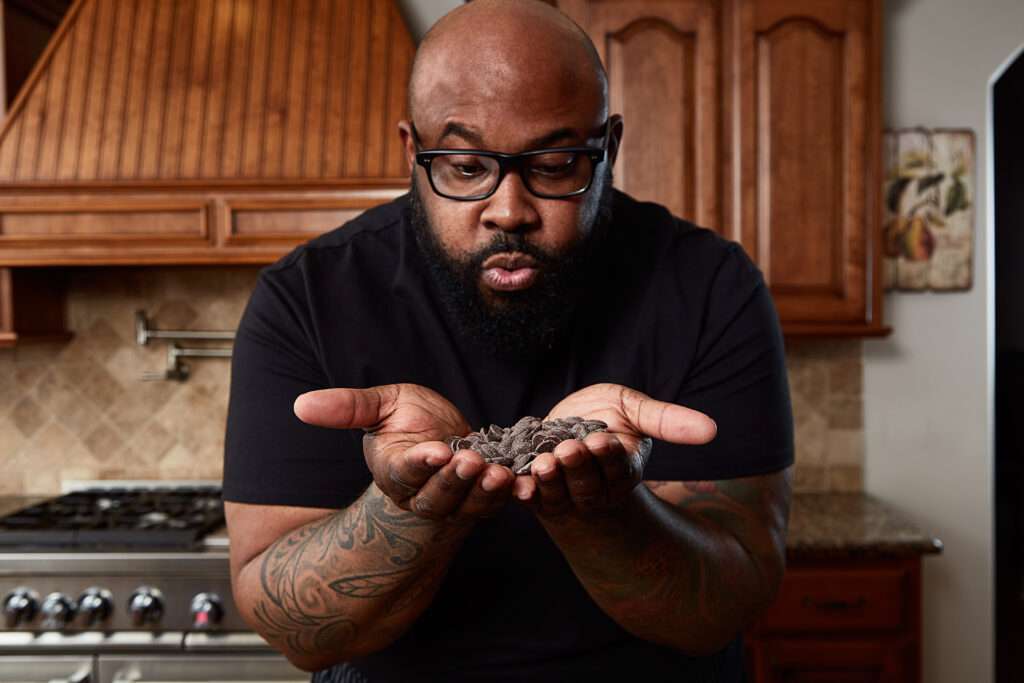


Professional experiences like these are why I know that it is entirely possible to work through one’s feelings of discomfort when holding more privilege than another individual, even when they are saying xenophobic things that we really disagree with if invested in ethical practice. The bulk of my experiences during my social work career with white folx in leadership roles have been in stark contrast to the ethical practice that I pride myself on …ĭespite my personal feelings about white supremacy, xenophobia, Islamophobia, etc, when my job was to provide mental health support to patients regardless of their beliefs, I often had to put my emotions aside - especially when I was often in a position to provide supporting documentation to the caseworkers and employers of patients who may not respect my humanity.Įthical social work practice has required that I unpack my personal feelings. Nonetheless, I was responsible for providing paperwork that would qualify him for government funding while he was too unwell to work due to the exacerbated mental health challenges he was navigating. I doubt he knew that someone could look like him and follow the faith of Islam, just as well as they could look like me, or Oprah Winfrey, for that matter. When I provided individual therapy services to a poor white man who was unable to work, it was extremely disconcerting to hear him talk in detail in our clinical sessions about how he often dreamt of slaughtering Muslims like a butcher, especially after he shared that he knew what “they looked like” as that only convinced me that he actually did not. While I strive to act ethically in all my interactions as a social worker, I would be lying if I said that it has always been comfortable for me. Had I been in that role longer, I may have come to interrogate how Indigenous families were disproportionately targeted, in addition to other inconsistencies with my white colleagues. While framed as “supporting expecting parents,” my duties required that I monitor notices from organizations that claimed to protect children but have managed to tear apart Indigenous families more successfully than during the height of the genocidal residential school systems. When I worked in the Women’s and Children’s Care Centre at a hospital from November 2010 to June 2011, one of my tasks was to follow up on birth alerts from the Children’s Aid Society. Having held a variety of social work roles, I know that power can manifest differently. This is why I knew that ethical practice as a social worker demanded that I constantly reflect on these power dynamics - dynamics of privilege and oppression that may creep into my work if I wasn’t always trying to be cognizant of this. I remember feeling uncomfortable by this dynamic even when still in graduate school, as I had no interest in policing how folx survived what I had come to better understand as highly oppressive systems. With over a decade as a social worker in the mental health field, I usually serve folx that I may have some power over. I know the answer is no, not everyone has - but white leaders are particularly bad at it. Let me ask you a question: Has everyone had a career that has often meant ensuring ethical treatment for folx with less privilege, regardless of their personal feelings? I remember feeling uncomfortable by this dynamic even when still in graduate school …


 0 kommentar(er)
0 kommentar(er)
